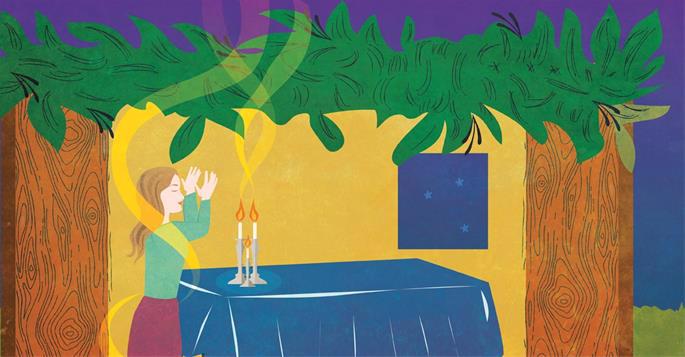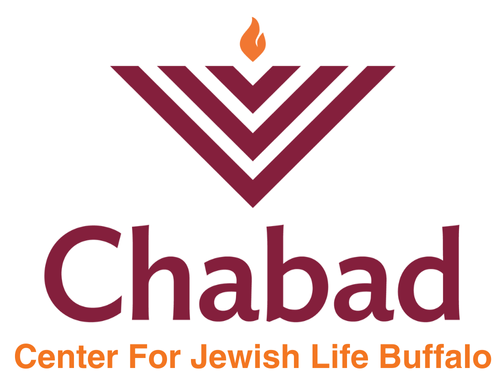
The word sukkah (pl: sukkot) literally means a “shaded booth.” In a rather cryptic verse, the Torah tells us to dwell in a sukkah for seven days so that coming “generations shall know that I caused the children of Israel to dwell in sukkot when I took them out of the land of Egypt.”
Oddly enough, nowhere in the entire narrative of the exodus from Egypt and the subsequent travels through the wilderness for 40 years is there any mention of the children of Israel residing in booths! On the contrary, Scripture describes on numerous occasions how they dwelt in tents, not booths! Where did the booths come in?
Clouds of Glory
In the Talmud, Rabbi Eliezer gives the following classic explanation: These “booths” are a reference to the miraculous Clouds of Glory, which protected the Israelites throughout their 40-year sojourn in the wilderness.
These clouds not only protected them from above, but surrounded them on all sides as well. They protected the people from the harsh elements, flattened mountains before them, killed snakes and scorpions in their path, kept their clothing clean and guided them through the desert.
It is this miraculous “booth” that we commemorate by sitting in a sukkah.
Actual Booths
Rabbi Akiva explains in the Talmud that “sukkot” is a reference to actual shacks that the people used as dwellings while they were in the wilderness for 40 years.
Now, why would we celebrate the fact that the Israelites didn’t have nice homes and had to live in shanties?
The sukkah serves to remind us of our humble beginnings as a fledgling nation, when we did not have any permanent dwellings and had to live in simple huts. This puts our lives in perspective, and gives us reason to thank the Almighty for all that He bestows upon us.
A Unique Mitzvah
Unlike all other mitzvahs in the Torah, which are done with only part of the body, the mitzvah of dwelling in a sukkah encompasses a person’s entire body.
The chassidic masters point out a number of unique qualities of the sukkah:
Elevating the Mundane
When we do a mitzvah, we elevate ourselves, the object with which we did the mitzvah, and our environment. Most mitzvahs are focused only on limited aspects of our being and limited dimensions of our environment.
However, when it comes to dwelling in a sukkah, not only is the entire body enveloped by the mitzvah, but so are the most mundane aspects of life. After all, by eating, drinking or even reading a good book in the sukkah, we perform a mitzvah that encompasses our entire body!
A Sukkah of Unity
The sages associate the mitzvah of sukkah with the concept of peace and unity. Thus, in our prayers the sukkah is called “Your sukkah of peace,” and the sages of the Talmud state that “all Israel are fit to dwell in one sukkah.”
Our world is characterized by differentiation. In fact, even the mitzvah of lulav and etrog, which represents the unity of the four kinds of Jews, is nevertheless a unity of differences and various levels.
However, when we sit in a sukkah, it encompasses all of us equally, with no distinctions. Thus, when the entire Jewish nation dwells in a single sukkah, the unity expressed is one that transcends all differences and distinctions between them.
The Talmud tells us that when Moshiach comes, the Jewish nation will in fact sit together for a festive meal in one single sukkah—may it be speedily in our days!
